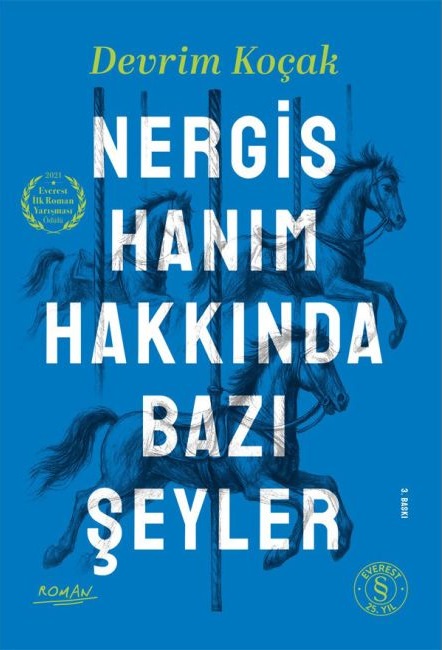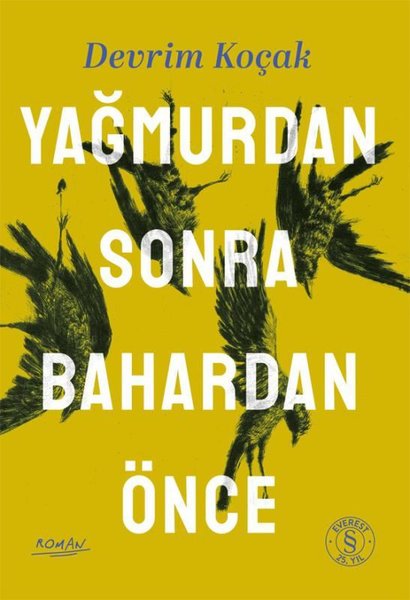According to Montaigne’s Essays, does true wisdom come from accumulating knowledge or from questioning it?
Michel de Montaigne’s Essais is a philosophical masterpiece that questions the complexity of human existence and the nature of knowledge. While addressing the concept of wisdom, Montaigne criticizes the dogmatic structure of traditional pedagogical approaches that focus on accumulating knowledge and argues that true wisdom lies in questioning knowledge and molding it with a critical mental stance.
Montaigne’s Understanding of Knowledge and Wisdom
Influenced by Renaissance humanism, Montaigne centers on man’s efforts to understand himself and the world. However, his approach rejects the absoluteness of the scholastic tradition or authoritative knowledge. In the Essays, he prioritizes questioning the meaning and validity of this accumulation, not the accumulation of knowledge. For example, in his essay titled “Knowing Myself,” the question “What do I know?” (Que sais-je?) reflects the essence of his epistemological stance inspired by Pyrrhonist skepticism. This question undermines the naive trust in knowledge and points to its fragile, subjective and contextual nature. For Montaigne, wisdom is not born from the passive acceptance of a mind that accumulates knowledge, but from an active process of questioning that critically filters this knowledge.
According to Montaigne, accumulating knowledge is often a superficial virtue. In his criticism of traditional educational systems, he states that forcing students to learn classical texts by rote enslaves the mind rather than liberates it. In the section of the Essays titled “On the Education of Children,” he emphasizes that knowledge is merely a tool and that the real purpose is for the individual to develop his own judgment. A mind that accumulates knowledge may submit to authority and become stuck in dogmatism; however, a mind that questions knowledge is liberated and progresses on the path to wisdom. This is a stance that Montaigne draws on Stoic and Epicurean influences: Wisdom requires an inner balance and autonomy independent of external authorities.
Skepticism and Critical Inquiry
Montaigne’s exaltation of questioning on the path to wisdom is based on his skeptical philosophy. Pyrrhonist skepticism advocates avoiding definitive judgments and keeping the mind open. By adopting this approach, Montaigne questions man’s capacity to reach absolute truth. For example, in his essay “The Apology of Raymond Sebond,” he discusses the limitations of human knowledge and the unreliability of the senses. Our senses, prejudices, and cultural conditioning distort knowledge; therefore, the path to wisdom is through recognizing these distortions and suspending (epoché) all dogmatic claims.
However, Montaigne’s skepticism does not turn into a nihilistic rejection. His skepticism is a constructive inquiry: Questioning knowledge is not emptying the mind, but preparing it for a deeper understanding. In this process, Montaigne centers the individual’s own experiences and subjective judgments. The Essays are, in a sense, a reflection of Montaigne’s own process of questioning. Rather than accumulating knowledge, he prefers to explore his own thoughts, contradictions, and inconsistencies. This self-questioning plays a central role in the search for wisdom, for as one comes to know oneself, one develops a more humble and wise stance toward universal truths.
The Tension Between Accumulating Knowledge and Questioning
The tension between accumulating knowledge and questioning emerges as an epistemological and ethical issue in Montaigne’s philosophy. Accumulating knowledge is often dependent on an external authority (e.g., the church, classical texts, or scientific authorities) and can limit the individual’s autonomy. Montaigne argues that such knowledge can lead the individual to an arrogant sense of certainty. For example, in the Essays, he suggests that knowledge, when combined with overconfidence, can lead to intolerance and fanaticism. In contrast, questioning knowledge saves the individual from this arrogance and encourages humility. For Montaigne, wisdom is the courage to accept one’s own limitations while pursuing truth.
In this context, Montaigne’s understanding of wisdom is more pragmatic and humanistic than a Platonic or Aristotelian approach. While wisdom in Plato aims to reach ideal forms, in Aristotle it is associated with the combination of theoretical and practical knowledge. Montaigne, on the other hand, attributes the search for wisdom to a person’s ability to remain at peace with the contradictions, uncertainties and fragilities in their daily lives. Questioning knowledge, in this context, is not only an intellectual exercise but also an ethical stance: A person can live a more virtuous life by questioning their own prejudices, passions and weaknesses.
Practical Reflections of Wisdom
Montaigne’s understanding of wisdom is not limited to theoretical questioning; it also turns into a practical philosophy of life. In the Essays, wisdom emerges as the art of living in peace with oneself and the world. Questioning knowledge liberates the individual from dogmatic beliefs and gives him the flexibility to adapt to changing conditions. For example, by observing the diversity of different cultures and belief systems, Montaigne questions the existence of a universal truth and suggests tolerating this diversity. This is a practical result of questioning in the search for wisdom: By accepting the limitations of one’s own knowledge, one becomes more open to the perspectives of others.
In addition, Montaigne’s understanding of wisdom is also linked to the individual’s search for inner peace. While accumulating knowledge is often associated with competition, arrogance, and the search for external approval, questioning knowledge directs the individual to his inner world. Inspired by Stoic and Epicurean teachings, Montaigne argues that the wise man must achieve an inner balance independent of external conditions. This balance is possible only through critical self-inquiry and constant re-evaluation of knowledge.


